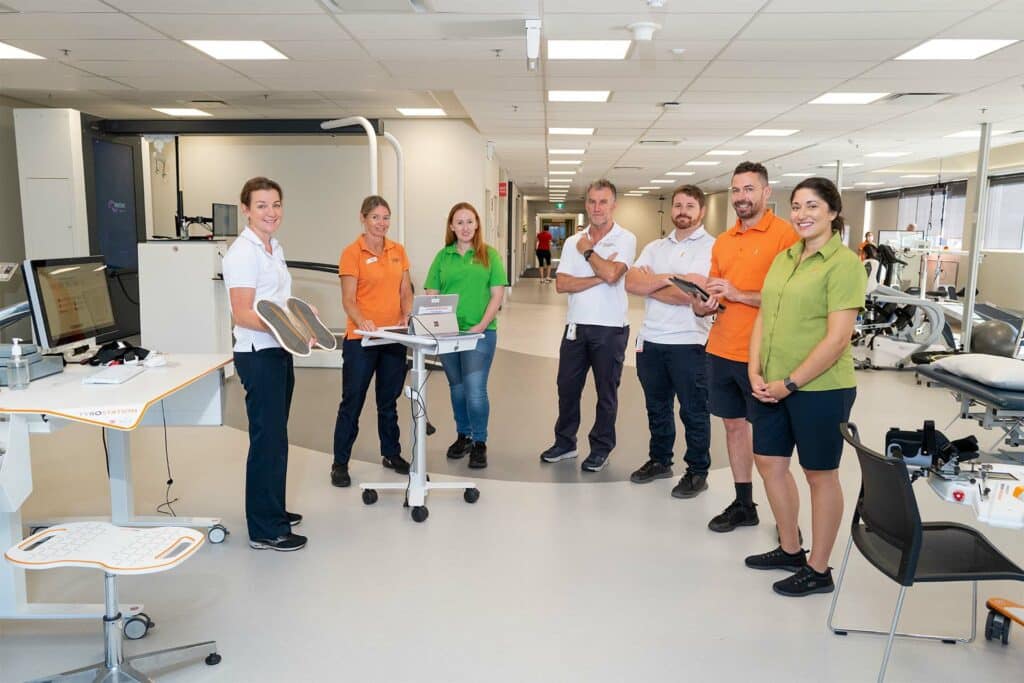Education and Training
At Royal Rehab we uphold a culture of continuous improvement that emphasises sharing knowledge, research, and providing learning and development opportunities for our staff.

We prioritise ongoing education and training for our teams and are dedicated to excellence in learning and development.
Our goal is to constantly improve the quality, safety, and effectiveness of our services through evidence-based practice.
Playing a role beyond our organisation
- We take immense pride in our registered training college’s role in empowering students with knowledge and skills for pursuing meaningful careers in disability support and aged care. By doing so, we actively contribute to the broader community and foster a skilled and compassionate workforce within these vital sectors.
- We are proud that our hospitals in Petersham and Ryde are esteemed, accredited rehabilitation teaching hospitals with the Australasian Faculty of Rehabilitation Medicine.
- We offer trainee registrar positions in our state-of-the-art brain injury and spinal cord injury services in Ryde.
- Our clinical professionals contribute to the preparation of the next generation of clinicians through guest lectures, student supervision, and appointments with universities.
- We receive frequent requests from international physicians seeking to visit and learn from our excellent and evidence-based clinical management. We also collaborate on local and international research projects.
- Our nursing and allied health clinicians play an integral role in training students from various universities each year. For example, we have partnered with Macquarie University to offer a speech pathology student placement program in our brain injury unit under the guidance of a dedicated Royal Rehab speech pathology clinical educator. Across our Ryde facility we provide clinical placements for almost 300 nursing and allied health students each year.
- At Royal Rehab LifeWorks in Ryde, we have established a new training program for physiotherapists and occupational therapists to integrate advanced technology into their rehabilitation and therapy practices. Through our “train the trainer” process, we ensure ongoing learning and upskilling of our therapists, enabling them to become part of a world-leading elite group that can safely integrate advanced technology into rehabilitation and therapy pathways.
